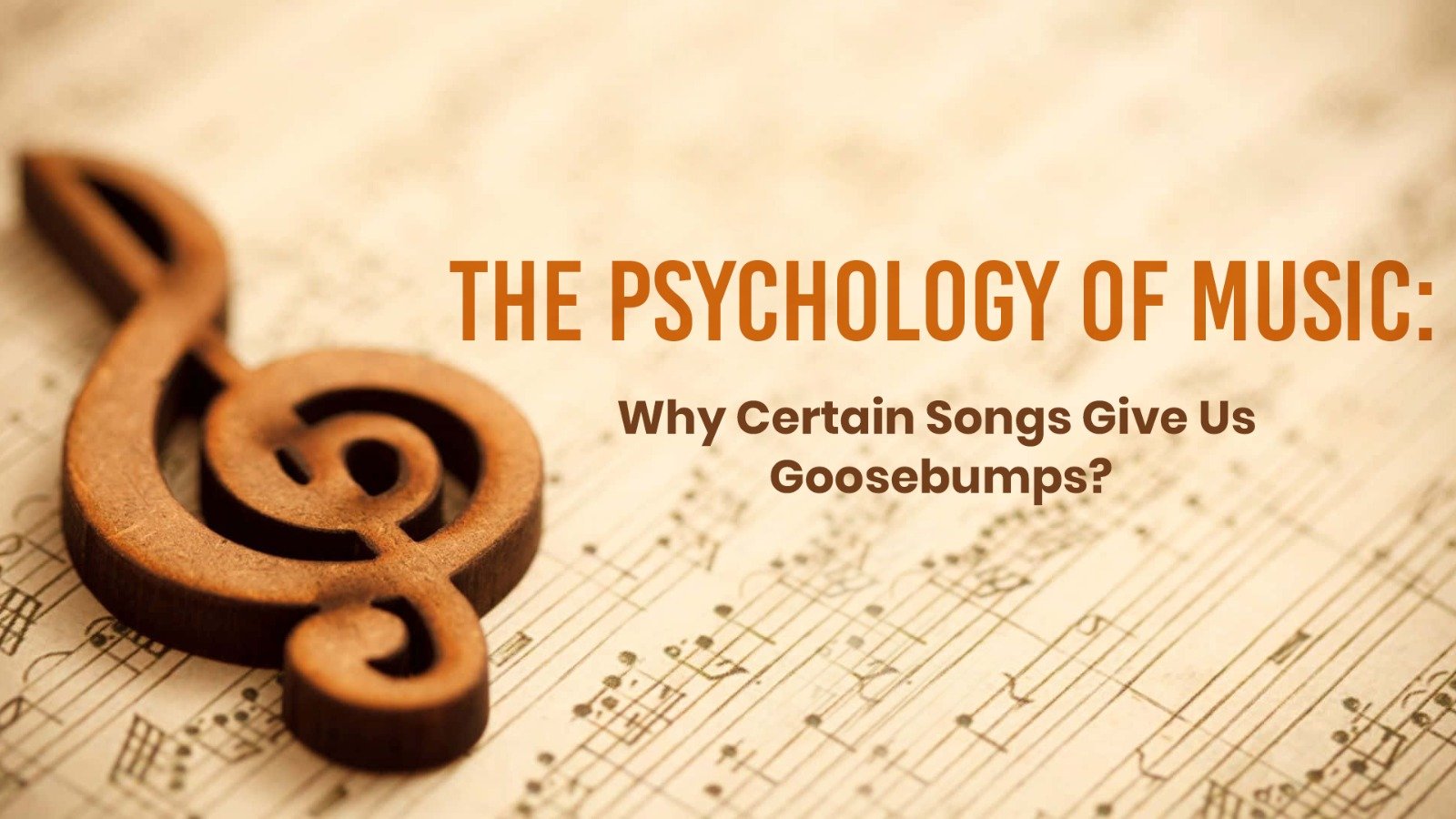Have you ever felt a sudden chill or goosebumps while listening to a powerful song? This fascinating reaction, known as “frisson”, is more than just an emotional response — it’s a psychological and physiological phenomenon deeply connected to how the human brain processes music and emotion.
The Science Behind Musical Goosebumps
When a song unexpectedly changes — such as a key shift, soaring vocals, or a sudden harmony — the brain releases dopamine, the same “feel-good” chemical linked to pleasure and reward. This release happens in the nucleus accumbens, a part of the brain that reacts to emotional stimuli. Essentially, the brain treats emotionally powerful music the same way it responds to love, excitement, or even great food.
Emotional Triggers in Music
Certain musical elements are more likely to trigger goosebumps:
Dynamic shifts – sudden changes in volume or tempo.
Powerful vocals – especially when a singer’s emotion feels raw or vulnerable.
Harmonic tension and release – when notes build anticipation before resolving beautifully.
Lyrics with deep meaning – particularly those that connect with personal memories.
These elements stimulate both the auditory cortex (which processes sound) and the limbic system (which manages emotions), creating a complex and powerful sensory experience.
Why Some People Feel It More
Not everyone experiences musical frisson equally. Studies suggest that people who are more open-minded, empathetic, or deeply engaged with music are more likely to feel chills. Musicians, in particular, tend to experience this reaction more often because of their heightened sensitivity to musical structure and nuance.
The Beauty of Frisson
The next time a song gives you goosebumps, remember — it’s your brain’s way of rewarding you for emotional connection. Music isn’t just entertainment; it’s a universal language that stimulates emotion, memory, and pleasure at the deepest level of human psychology.

